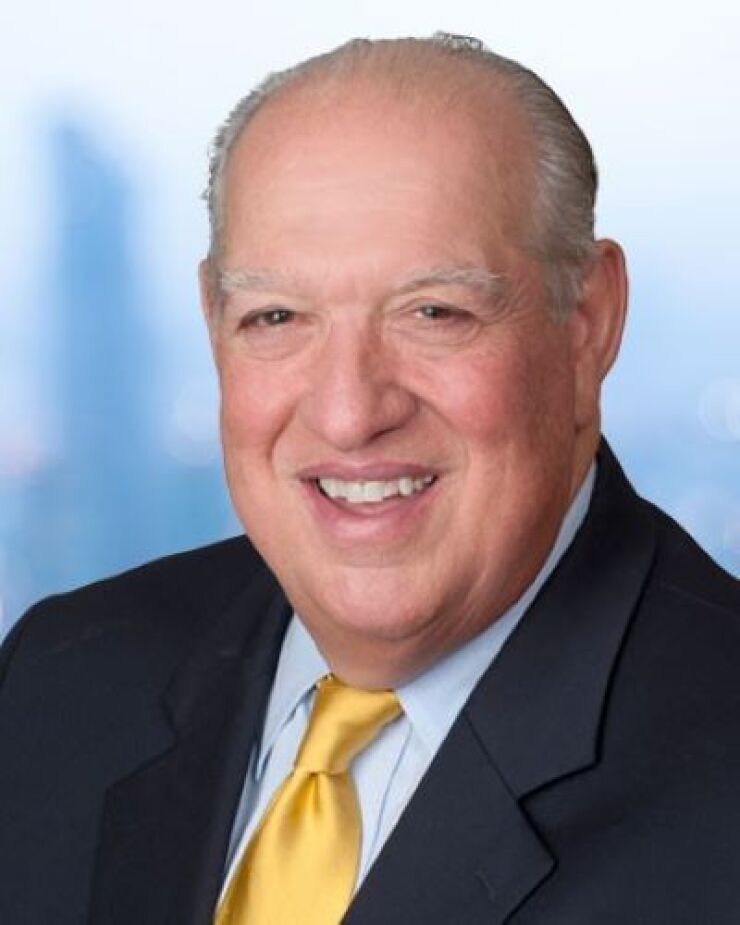Organizers of Walden Mutual said the Federal Deposit Insurance Corp. has approved its application for deposit insurance, allowing the bank to move ahead toward a mid-November opening. It will be the
The Concord, New Hampshire, bank raised $24 million in capital in the form of special deposit shares. As it awaited final approval from regulators, Walden built a $50 million loan pipeline it can now begin funding, CEO Charley Cummings said. In the month ahead, it will work on putting finishing touches on its mobile banking and deposit systems, Cummings said.
"We've had a couple of supportive notes from mutual banks that were excited to see us get over the finish line, but I think the people who are most excited are our borrowers," Cummings said. "We're eager to get those loans out the door."
A sector in decline
Depositor-owned banks were commonplace in the late nineteenth and early twentieth centuries, especially in the Northeast. In 1914, depositor-owned banks held nearly 80% of bank deposits in New England, according to Walden. Since the middle of the twentieth century, however, the number and influence of mutual banks has declined dramatically as new charters dried up and existing institutions converted to stock ownership.
This makes Cummings' achievement in shepherding a new depositor-owned bank into existence especially noteworthy, according to attorney Douglas Faucette, a partner at Locke Lorde in Washington, D.C., and a director at the America's Mutual Banks trade group.
"Everything he's done has been a textbook for people to follow," Faucette said. "I think he's the real deal and he'll make a hell of a bank CEO. He's got this thing thought out. He's very well organized."
For Faucette, the biggest takeaway from the announcement is that regulators have signed off on a capital instrument other aspiring mutual organizers can use to finance future de novo mutuals.
"This is really a capital story," Faucette said. "Regulators have recognized mutuals have different ways of raising capital that present no danger to the [deposit insurance] fund and are just as good as common stock."
Walden was closely watched
The mutual industry has closely followed the progress of Walden's FDIC application, according to Tom Fraser, CEO of the $2.6 billion-asset First Mutual Holding Co. in Lakewood, Ohio.
"We've been waiting for this," Fraser said of the approval announcement, which came out last week. Fraser said he was aware of a number of groups that have expressed interest in forming mutual banks that can now use Walden as a template if they choose to seek a charter.

"I hope many more will follow," said Julieann Thurlow, president and CEO of Reading Cooperative Bank, a $706 million-asset depositor-owned bank in Reading, Massachusetts. Thurlow is also chair-elect of the American Bankers Association. "The mutual form of ownership in banking is quite special, bringing individuals together to resolve an unmet need…This structure opens the door to social and impactful investment in the community banking space."
Cummings agreed that Walden's new charter could serve as a guide for groups interested in forming mutual banks. "I certainly hope we've opened the doors for others," Cummings said.
Cummings, who founded a meat company in 2013, said Walden Mutual plans to focus its lending within the sustainable food industry in New England and New York.
"We are already working with people across the entire food ecosystem — from farms to processors, consumer brands, and other businesses developing New England and New York's sustainable food industry," Christine Bascetta-Gath, Walden's senior vice president of lending, said in a press release. "This region has always been at the center of the local food movement, and we intend to serve and invest in local innovative leaders."
Walden
"That doesn't matter," Cummings said. The delay "gave us more time to build our lending pipeline."
He added: "In all fairness to regulators, none of them had seen" a mutual application.






